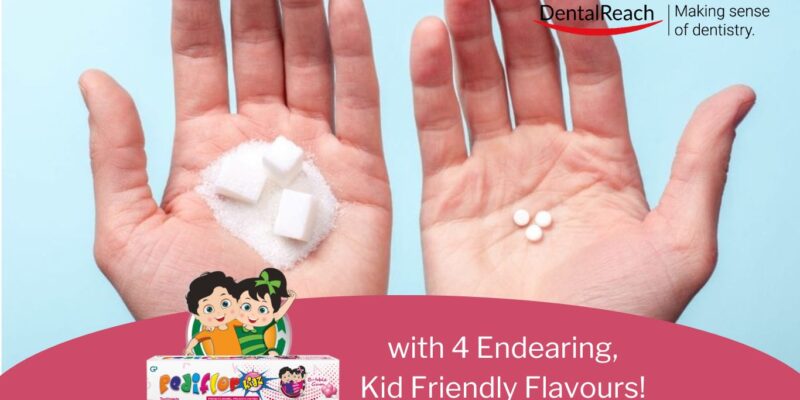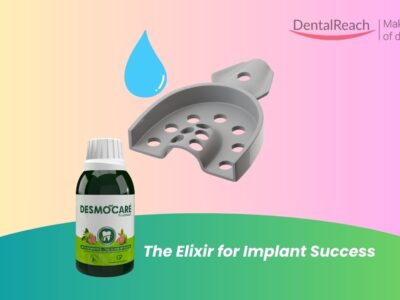New evidence confirms that aspartame is a non-carcinogenic alternative to sucrose, but its protective benefits may be limited.
With the increasing prevalence of dental caries and rising awareness of sugar’s detrimental impact on oral health, non-nutritive sweeteners like aspartame are often promoted as safer alternatives. A recent systematic review and meta-analysis (PROSPERO registration: CRD42024513463) conducted in February 2024 offers valuable insights into aspartame’s cariogenicity and its role in oral disease prevention.
Study Scope and Methodology
The analysis incorporated data from multiple research domains, including:
- Two human clinical trials
- Seven preclinical animal studies
- Four in vitro studies using bovine enamel blocks
The review systematically examined aspartame’s effects on caries development, acid production, changes in oral microbiota, and enamel demineralization, comparing it to sucrose, water, and other control agents. The GRADE framework was used to assess the certainty of evidence, and random effects models were applied to synthesize heterogeneous data.
Findings: Aspartame Demonstrates Non-Cariogenic Behavior
Clinical Studies
In clinical settings, aspartame was found to be less acidogenic than sucrose and comparable to water, indicating a neutral impact on salivary pH. However, due to small sample sizes and methodological variability, the certainty of this evidence remains low to very low.
Preclinical Animal Studies
In rodent models, aspartame consistently demonstrated a reduction in caries incidence when used in place of sucrose (moderate certainty). However, when aspartame was combined with sucrose, it did not significantly attenuate caries formation, except in specific instances such as sulcal caries.
In Vitro Evidence
Experiments conducted on bovine enamel confirmed that aspartame is less acidogenic and erosive than sucrose, with minimal impact on enamel surface demineralization. Notably, aspartame did not significantly alter bacterial composition, indicating its effect is likely due to the absence of fermentable substrate, rather than any antimicrobial action.
Clinical Implications for Dental Practitioners
This comprehensive review reinforces the role of aspartame as a non-cariogenic sweetener, making it a suitable sugar substitute for individuals at high risk of caries. However, current evidence does not support a direct anti-cariogenic effect—aspartame does not inhibit bacterial growth, nor does it contribute to remineralization.
From a preventive dentistry standpoint, replacing sucrose with aspartame may contribute to a more favorable oral environment, particularly in terms of pH stability and reduction in acidogenic challenges. Nonetheless, longitudinal, high-quality clinical trials are essential to fully elucidate its long-term impact on human oral health.
Conclusion
Aspartame presents as a safe, non-cariogenic alternative to sucrose, with potential benefits in maintaining oral pH and reducing caries risk in sugar-sensitive populations. However, its clinical utility lies more in its substitutive value—minimizing exposure to cariogenic sugars—rather than in offering any active protection against caries development.




















Comments